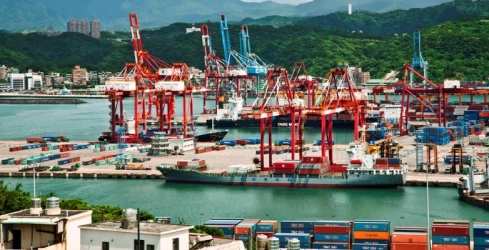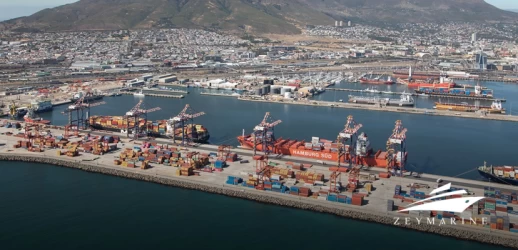Guide to Trade with Spain, Maritime Transportation
Spain, as one of Europe’s largest economies and a key Mediterranean trade hub, plays a significant role in global trade. With its advanced ports, favorable trade policies, and strategic geographic position, Spain serves as a crucial point in the international supply chain. Maritime transportation is one of the most efficient and common methods of moving goods to and from Spain, making it essential to understand the ins and outs of this sector when engaging in trade with the country.
Overview of the Spanish Market
Spain's market is diverse, encompassing key sectors such as agriculture, industrial manufacturing, renewable energy, and technology. It is also a gateway for trade between Europe and Latin America. Understanding local trade regulations, import standards, and customer preferences is critical for success in trading with Spain.
Maritime Transportation to Spain
Due to its access to both the Atlantic Ocean and the Mediterranean Sea, Spain is home to some of the busiest and most important ports in Europe. Two of Spain’s primary maritime gateways are the Port of Barcelona and the Port of Valencia.
Port of Barcelona: As one of the largest Mediterranean ports, Barcelona plays a pivotal role in trade between Europe, North Africa, and Southeast Asia. Its advanced infrastructure and strong connections to other major global ports make it a primary hub for maritime transport.
Port of Valencia: The largest port in Spain and the third-largest in Europe by container volume, the Port of Valencia is a major transit point for goods moving between Europe, South America, and Asia. Its strategic location and cutting-edge facilities make it a preferred option for international shipping companies.
Customs Regulations and Required Documentation
Trading with Spain requires an understanding of local customs regulations and the necessary documentation for importing goods. As a member of the European Union (EU), Spain adheres to the EU’s customs rules. Key documents required for clearing goods include the commercial invoice, packing list, customs declaration, and specific certificates related to the type of goods being imported. The Spanish customs process is efficient, provided that all paperwork is correctly prepared and submitted.
Costs of Maritime Transportation
The costs associated with maritime transportation to Spain vary depending on the type of goods, volume, and distance from the country of origin. Choosing a reputable shipping company and comparing rates can help reduce transportation costs. Additionally, marine cargo insurance is recommended to protect goods from potential risks during transit.
Business Opportunities in Spain
Due to its strong infrastructure and access to large European markets, Spain offers a wealth of business opportunities. The country is particularly well-known for its contributions to sectors like renewable energy, agricultural products, and industrial manufacturing. Spain is also one of the largest producers and exporters of agricultural goods, particularly fruits, vegetables, and olive oil.
Conclusion
Trading with Spain, especially through maritime transportation, presents a unique opportunity for international businesses to expand their reach into European markets. Leveraging Spain’s advanced maritime infrastructure and understanding its customs regulations can significantly enhance business success. The ports of Barcelona and Valencia serve as critical hubs for the transportation and distribution of goods, playing an essential role in Spain's global trade activities.
If you have any specific questions or need further assistance, feel free to ask!











